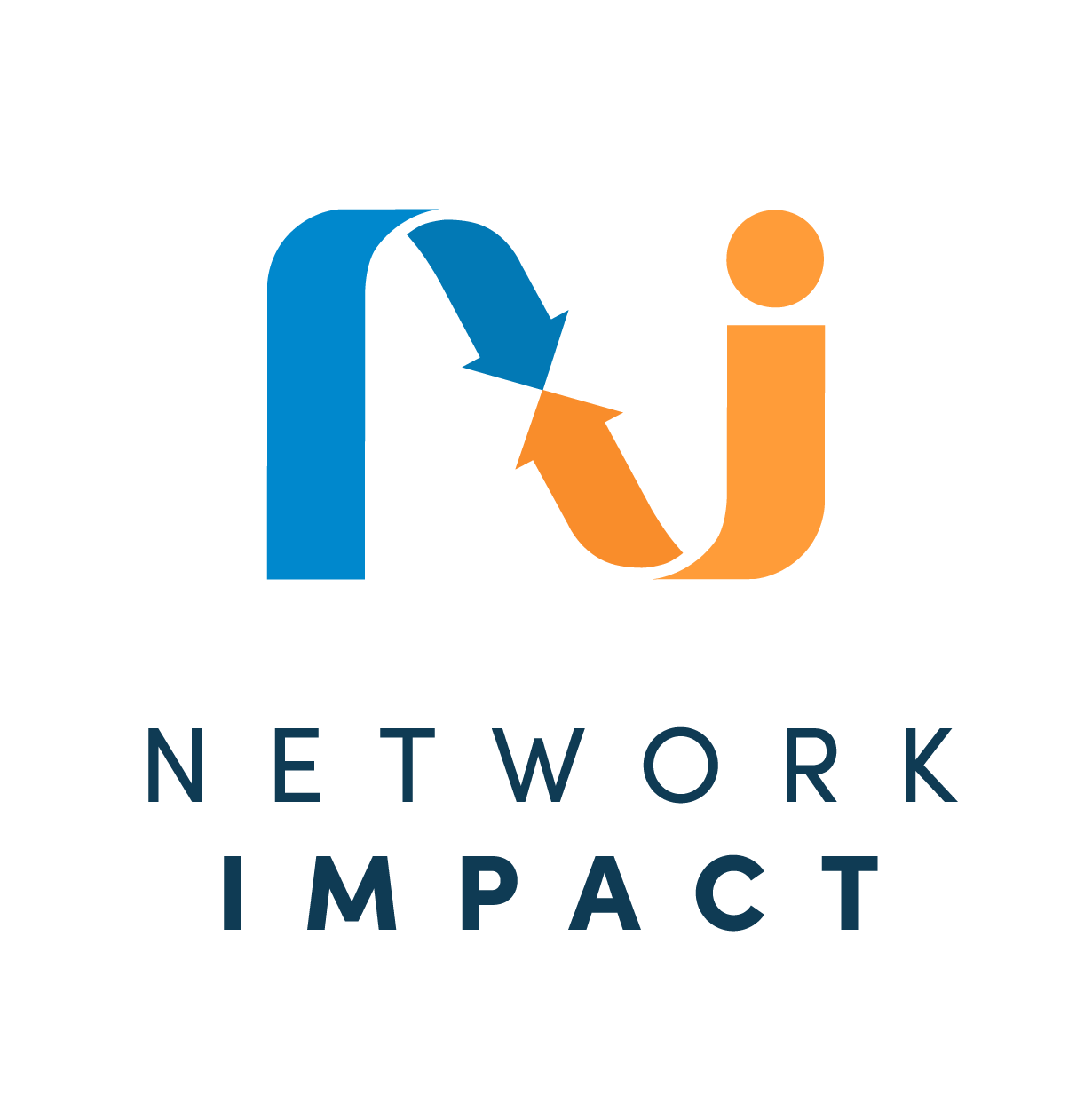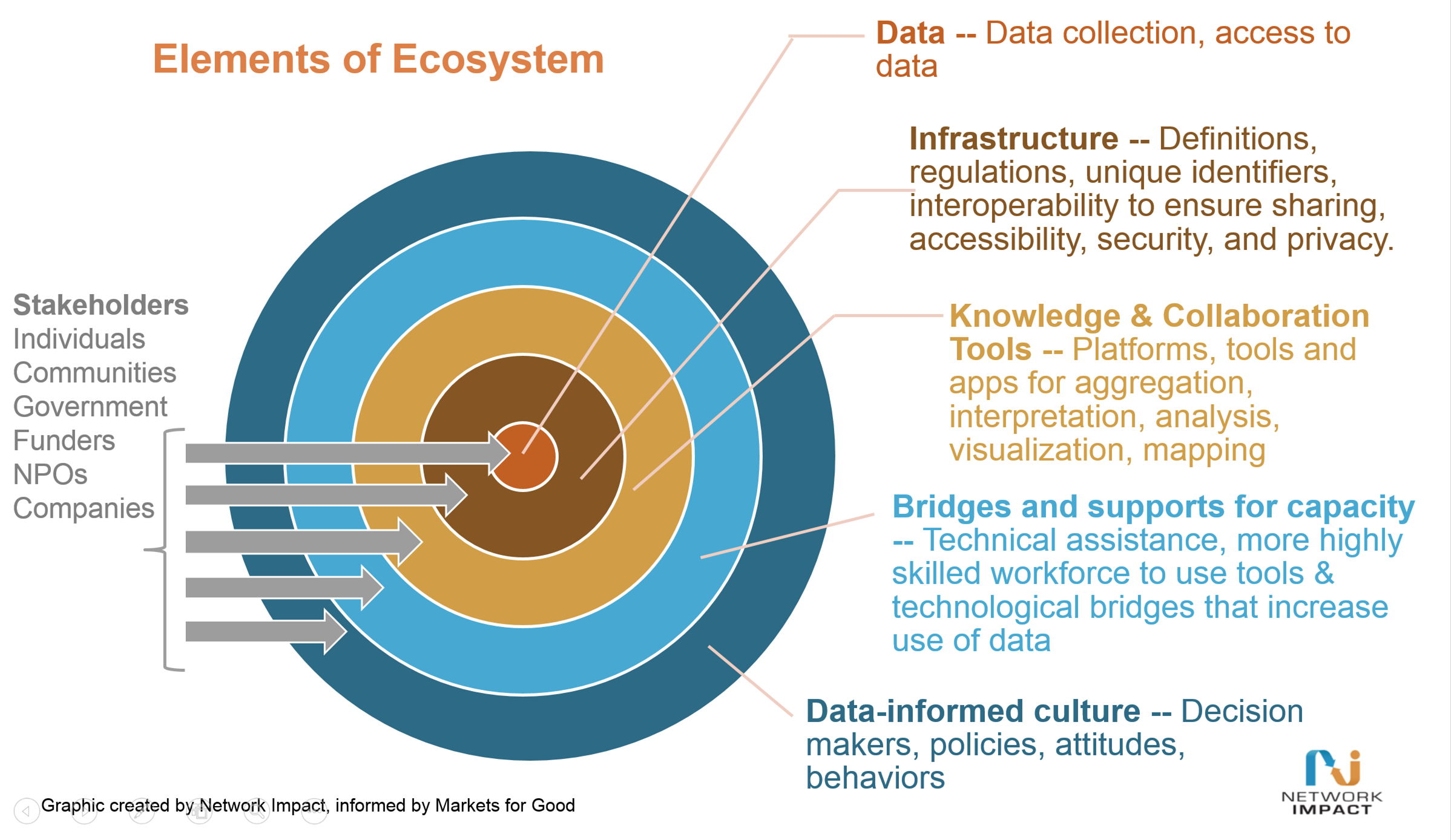Project Profile: Leveraging Technology for Healthier More Sustainable and More Equitable Communities
Network Impact is working with Kaiser Permanente’s Community Benefit Division and the W. K. Kellogg Foundation to conduct a scan of current and emerging technologies that provide access to population health data and collaboration supports for use by funders and others working to promote healthy, equitable and sustainable communities. We surveyed funders in a range of organizations to identify the best-in-class tools they are using and are conducting interviews with leading innovators and practitioners. The scan will identify gaps, needs and opportunities to advance the field.
You can download a presentation summary of our findings and see an interactive visualization.
Project was presented at the Foundation Center Technology Affinity Group conference on November 11th, 2015 in Los Angeles and the Community Indicators Consortium Conference on November 9th, 2015 in Austin, TX.
Organizations in the social sector are increasingly exploring and applying new technology for data analysis to inform decision-making, build engagement, and track impact. In 2014, Kaiser Permanente and the W.K. Kellogg Foundation saw an opportunity to reach out to funders, organizations, innovators and developers in multiple sectors to identify gaps and opportunities for leveraging data and technology to support healthy, equitable, and sustainable communities. The foundations engaged Network Impact to surface and frame ideas, areas of alignment and leading opportunities for investment. Network Impact used a listening and ideation process to draw insights from key stakeholders and then synthesized their research into a series of recommendations for the field. The project’s research components included document review, a survey of select organizations and funders, and interviews with key stakeholders.
Key Findings
Three overarching priorities emerged for bringing the social sector up to speed with other sectors that are more effectively leveraging data in their work:
Invest in a Data Ecosystem that Accelerates the Goals of the Social Sector – which includes the environment from data to decision maker, and focuses on: data infrastructure (access to data, data standards, and data collection), data analysis, and information and knowledge sharing within and between sectors to improve outcomes.
Advance Equity and Social Justice – which includes using data as a tool to reveal disparities and inform action and progress; ensuring data and technology literacy for people, organizations and communities; and privacy and data-sharing roles for all stakeholders.
Build a Data-Informed Culture—which includes considering what a data-informed culture means internally for organizations and externally for their partners and the field.
Stakeholders emphasized that without a systems change approach, the social sector is leaving potential untapped and losing out on valuable opportunities for leveraging data and technology. An investment strategy that bolsters the entire data ecosystem is critical, and within the ecosystem, four areas were prioritized:
Data infrastructure,
Technology infrastructure,
Bridges and supports for capacity, and
Research and discovery.
The research also identified numerous examples of innovations such as crowd-sourcing, predictive analysis, sensor networks and combining unlikely data sets that could help funders better understand:
Conditions on the ground in the communities they serve
How to source and use data to help predict which interventions will have the most impact
How to source and use data to surface unexpected correlations that spark innovative solution
How data tracking can guide continuous improvement of programs and interventions over time.

